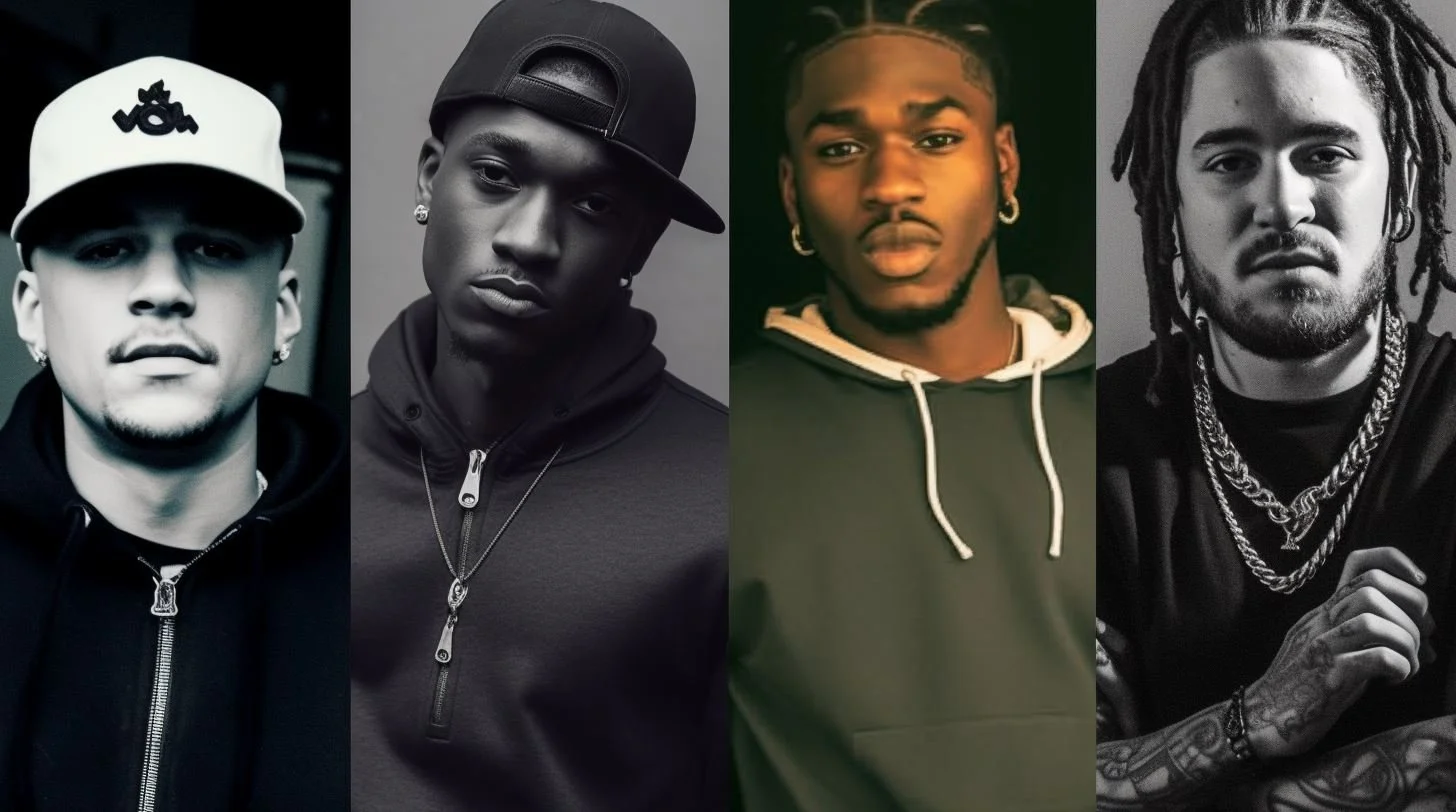What Does OPP Mean Police?
Decoding 'OPP': From Ontario's Police to Hip-Hop Vernacular
When you hear the term "OPP" related to police, various meanings might spring to mind.
From references in hip-hop music to established law enforcement agencies, "OPP" holds diverse interpretations in different contexts.
Diving deep into its multifaceted significance, we'll explore the official designation of this acronym, its cultural implications in urban vernacular, and its influence in popular culture.
Join us as we unravel the intricate tapestry of meanings behind "OPP" and its broader impacts on society.
Short Answer:
Q: What does OPP mean police?
A: Most commonly, “OPP” is used in urban slang, especially in hip-hop, to refer to an “opposition”. In this context, “OPP” can mean an enemy, a police informant, or the police themselves.
"OPP" can also refer to the Ontario Provincial Police in Canada.
Related Questions
-
In hip-hop and urban slang, "OPP" can refer to "opposition," which might mean rival gangs, competitors, or sometimes the police or informants.
-
While Naughty by Nature did have a hit song titled "O.P.P.," its meaning in the song was playful and provocative, and unrelated to the Ontario Provincial Police or "opposition" in the street vernacular sense.
-
Using "OPP" to mean "opposition" when referring to police promotes mistrust, oversimplifies complex relationships, and could have legal implications.
OPP Meanings:
1. Ontario Provincial Police (OPP): The most straightforward interpretation of OPP in the context of law enforcement is that it stands for the Ontario Provincial Police, the provincial police service for the province of Ontario, Canada. Established in 1909, the OPP provides essential services that range from traffic management, criminal investigations, to marine and aviation search and rescue.
2. OPP as "Opposition" in Street Vernacular: As you rightly mentioned, in urban slang and especially in the realm of hip-hop music, "OPP" can also stand for "opposition." This term is often used to describe rival gangs, competitors, or sometimes the police, particularly in contexts where law enforcement is seen as adversarial. Rappers and other urban musicians often use this term to describe their rivals or anyone that opposes them.
3. OPP in Popular Culture: The term "OPP" was popularized in hip-hop culture in the early 1990s by the rap group Naughty by Nature with their hit song "O.P.P." However, in this context, the acronym had a very different, more playful and provocative meaning which is unrelated to either the Ontario Provincial Police or the notion of opposition in street vernacular.
Concerns about Using OPP as "Opposition":
Misinterpreting or misusing terms from street vernacular, particularly when referring to law enforcement, can lead to misunderstandings and perpetuate stereotypes. Referring to the police or informants as "OPP" in this context:
Promotes Mistrust: By framing the police or informants as the "opposition," it cultivates an "us vs. them" mentality. While there are valid concerns and criticisms about law enforcement in various communities, painting the entire institution as the opposition can perpetuate mistrust.
Overlooks Complexity: Labeling police as the "opposition" oversimplifies the relationship between law enforcement and the community. While some individuals might have negative experiences with the police, others might view them as protectors or even allies.
Legal Implications: Using terms that openly challenge or defy law enforcement might attract unnecessary attention, especially if it's in the context of criminal activity.
Conclusion:
While "OPP" can stand for both the Ontario Provincial Police and "opposition" in street vernacular, it's essential to be clear about the context in which the term is used.
Contextual understanding ensures effective communication and reduces the chance of misinterpretation.
Also, it's important to be mindful of the broader implications and potential consequences of using such terms, particularly in public or influential spaces like music.











Inside the Investigation: A Deeper Dive into Police Detective Benefits